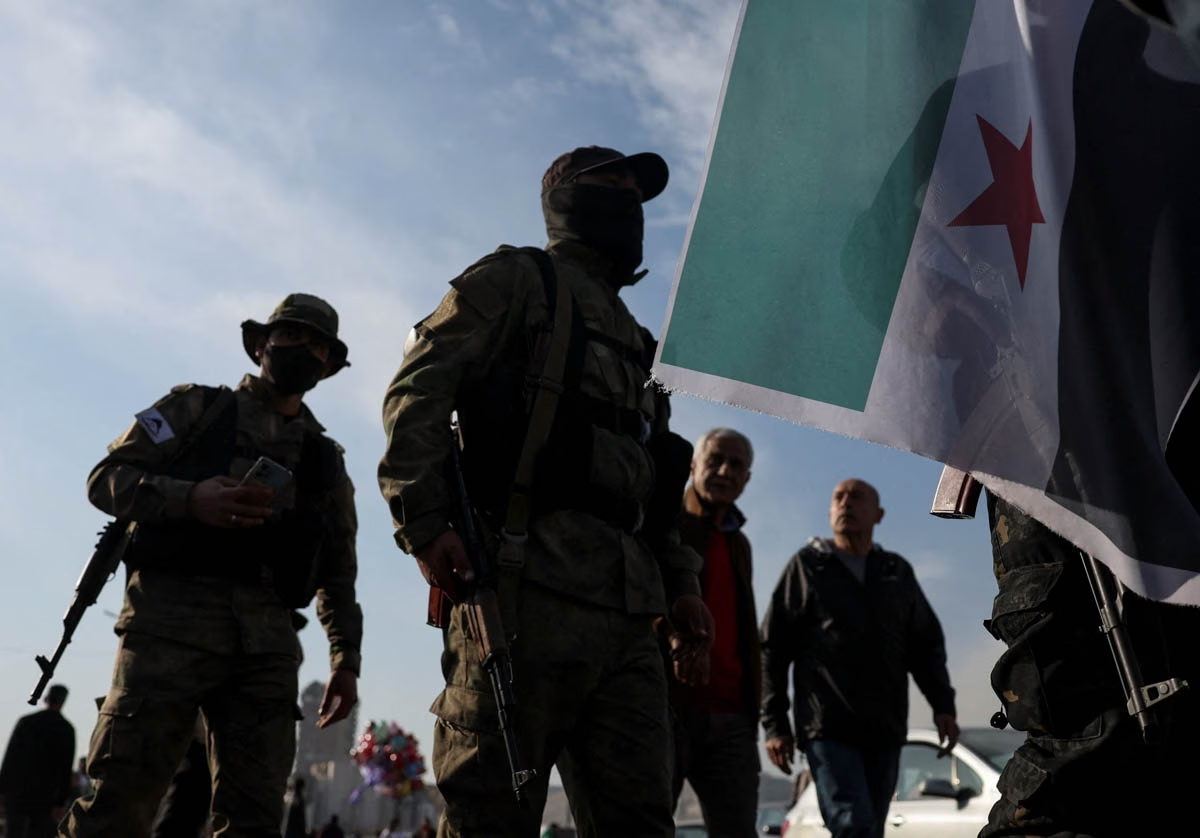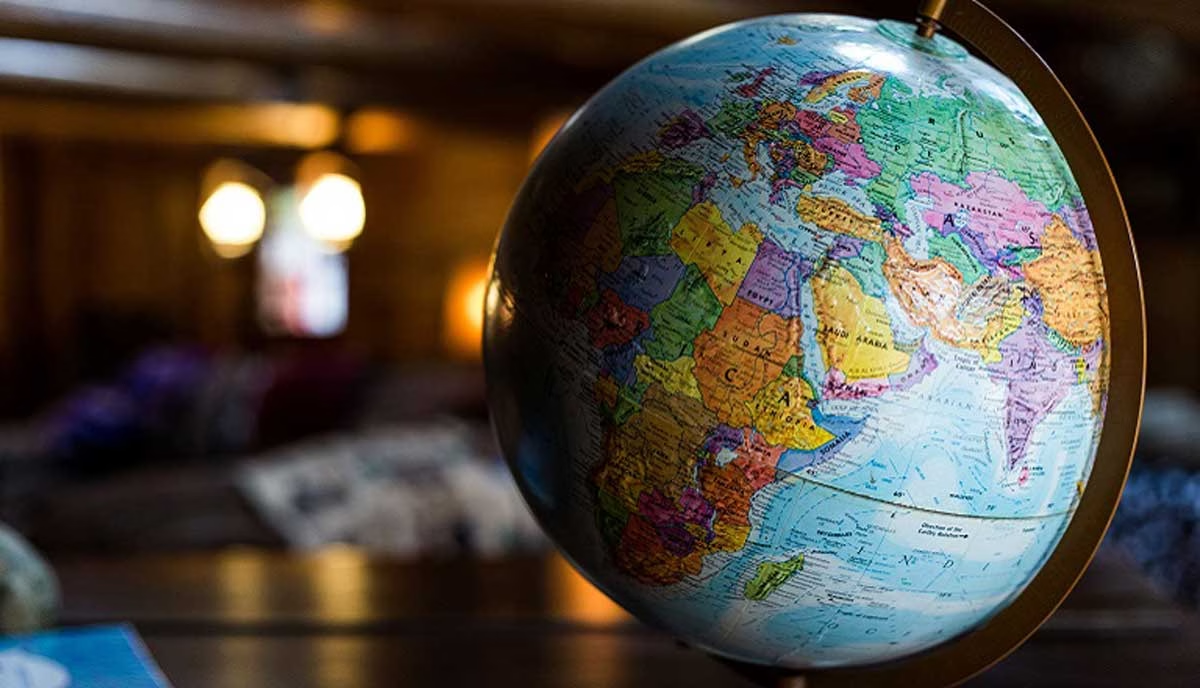As the world enters 2025, geopolitical tensions are reshaping international relations. Emerging conflicts, territorial disputes, and resource competition are testing the resilience of global diplomacy. Nations are increasingly navigating a complex landscape where military strategies, economic sanctions, and diplomatic negotiations intersect. Understanding the dynamics of these conflicts and the role of diplomacy is crucial for global stability.
Key Emerging Conflicts
Several regions are witnessing escalating tensions. In Eastern Europe, disputes over territorial sovereignty and military posturing persist, generating ongoing international concern. In the Middle East, longstanding conflicts persist alongside emerging rivalries influenced by energy resources, political instability, and foreign interventions. In Asia, territorial disputes in the South China Sea and border tensions between major powers are creating flashpoints that require careful negotiation to prevent escalation.
The Role of Diplomacy
Diplomacy remains the primary tool for conflict resolution. International organizations, such as the United Nations and regional alliances like NATO and ASEAN, facilitate dialogue and mediate disputes. Multilateral diplomacy facilitates the establishment of ceasefires, facilitates the negotiation of peace agreements, and ensures compliance with international law. Soft power strategies—including economic incentives, cultural exchanges, and strategic partnerships—complement traditional diplomatic efforts, promoting stability without resorting to force.
Economic Leverage and Sanctions
Economic tools are increasingly employed to influence geopolitical behavior. Sanctions, trade restrictions, and aid conditionality are used to incentivize compliance or penalize aggressive actions. While financial leverage can be effective, it can also create humanitarian consequences and escalate tensions if not carefully calibrated. Diplomats must strike a balance between punitive measures and constructive engagement to ensure long-term conflict resolution.
Technology and Information Warfare
Modern conflicts are no longer limited to physical confrontations; they also involve complex and multifaceted aspects. Cyberattacks, disinformation campaigns, and digital espionage are integral to contemporary geopolitical strategy. Nations invest heavily in cyber capabilities to protect critical infrastructure, influence public opinion, and gain strategic advantages. Diplomacy must now address these non-traditional threats through international agreements, cybersecurity protocols, and collaborative intelligence efforts.
Regional Alliances and Global Power Shifts
The geopolitical landscape is increasingly multipolar. Emerging powers, such as China, India, and Brazil, are asserting influence, challenging the traditional dominance of Western nations. Regional alliances are gaining importance, as countries seek collective security arrangements and economic partnerships. These shifts complicate traditional diplomatic frameworks, requiring a nuanced understanding and strategic engagement to maintain peace.
Challenges to International Diplomacy
Diplomats face numerous obstacles in addressing emerging conflicts. Distrust between nations, historical grievances, domestic political pressures, and rapidly changing alliances complicate negotiations. Effective diplomacy requires patience, cultural understanding, and innovative approaches to conflict resolution. Building trust and maintaining open channels of communication are crucial to preventing escalation and achieving sustainable solutions.
The Path Forward
Proactive diplomacy, coupled with international cooperation, is critical to managing emerging conflicts in 2025. Strengthening multilateral institutions, promoting dialogue, and leveraging economic and technological tools responsibly can help prevent disputes from escalating into full-scale wars. Collaborative problem-solving and strategic foresight will define the next era of global diplomacy.
Conclusion
Emerging conflicts in 2025 highlight the complexity of international relations in a rapidly evolving world. While challenges are significant, diplomacy remains the most effective mechanism for managing tensions and maintaining stability. By combining traditional negotiation, economic influence, technological safeguards, and regional alliances, the global community can navigate these conflicts responsibly and safeguard peace for future generations.



